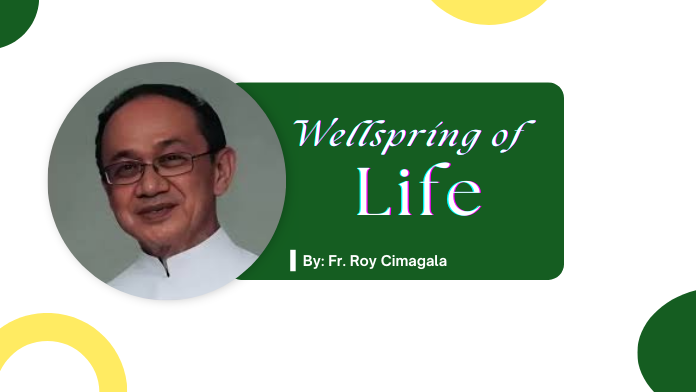We know that a number of times Christ complained about the hypocrisy of the leading Jews of his time. He issued a number of “Woe to you’s” to those who “tithe mint and rue and every herb, and pass over judgment and the charity of God…love the uppermost seats in the synagogues and salutations in the marketplace…like sepulchres that appear not and men that walk over are not aware…” (cfr. Lk 11,2-46)
Actually, our tendency toward hypocrisy is always a proximate danger to all of us. Again, this should not be a surprise to us. It’s a plain fact of life given our wounded condition here on earth.
But we should always be guarded against it and try our best to convert it into what is ideal for us, that is, for us to be sincere and simple, acknowledging our weaknesses and mistakes but assured of God’s mercy and help as long as we do our part to fight against this danger of hypocrisy.
Of course, we have to distinguish between hypocrisy and discretion. Discretion may look like hypocrisy but it is a completely different banana. Some facts and data may be withheld not to deceive others nor to take advantage of them. It’s rather done out of charity, since certain conditions and circumstances dictate that certain truths, secrets, facts and data need not be said, at least, as of the moment.
Discretion requires great discipline. In this regard, I would like to remit what St. James in his letter said about our tongue that is so relevant to this topic. “The tongue is an unrighteous world among our members, staining the whole body…For every kind of beast and bird, of reptile and sea creature, can be tamed, but no human being can tame the tongue…With it we bless and the Lord and Father, and with it we curse men…” (3)
We have to be most careful with our tongue which, sad to say, seems to be given free and unregulated rein in our current prevailing culture that is marked with so much gossiping and unhinged criticisms, etc.
To fight against this danger of hypocrisy, we should try our best to be brutally sincere and truthful which is a matter first of all of being with God, of having a vital relation with him, since he is the Truth himself, the author and maker of reality. Without him, our effort to know the truth and to be truthful would be undermined.
With him, our pursuit for the truth will always go with charity. And given our human condition that is marked with our frailties and limitations, it will also go with prudence and discretion. We would know what to say, when, how and to whom to say, etc.
Without him, our pursuit for the truth would most likely be simply based on what is sensible and intelligible alone. In that condition, truth-seeking and truth-affirming would be at the mercy of our human frailties and limitations, not to mention our ulterior motives and our tendency to play games, if not to get into the dynamics of malice, self-interest, greed, etc. We would be left helpless against the danger of hypocrisy.
Yes, we need to promote truth always, defend and protect it especially if it is under attack, whether openly or in a hidden, subtle way. But we have to avoid hypocrisy, and instead continue to grow as earnestly as possible in sincerity and discretion, more so now that we are in some confusing and complicated times.
